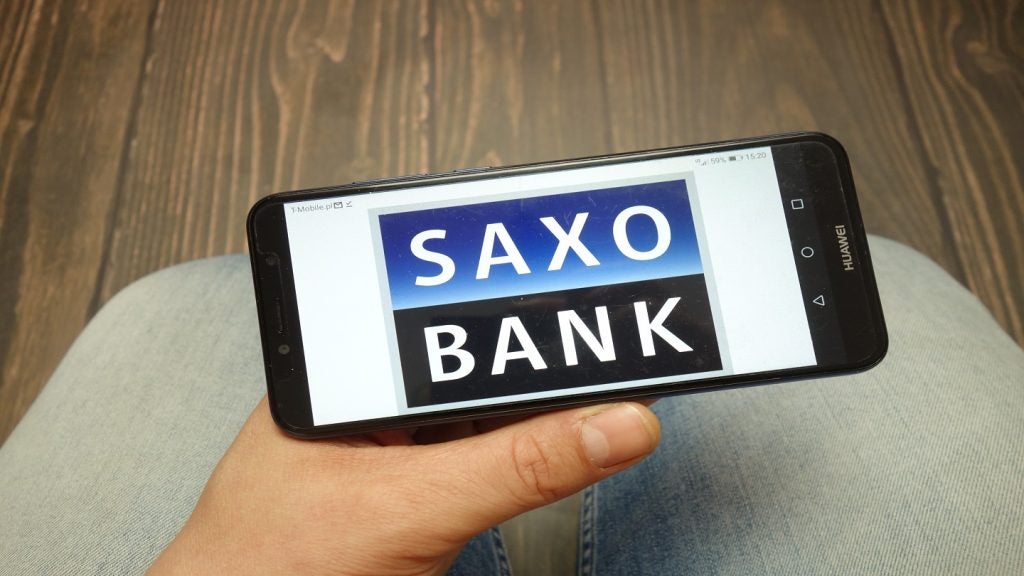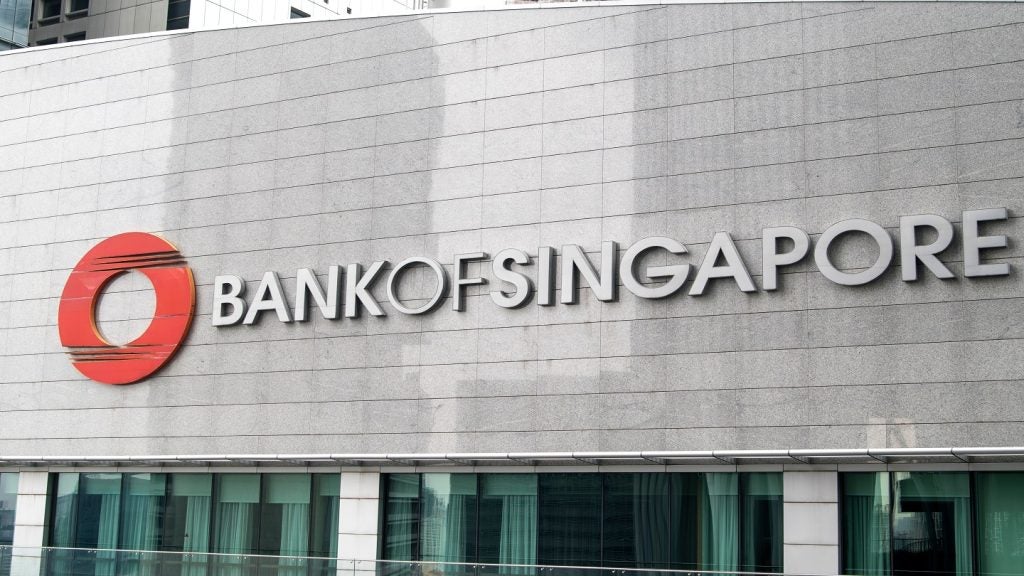
Law enforcement agencies in the UK now have the power to seize the assets of wealthy individuals suspected of having profited from organised crime. WealthInsight’s Oliver Williams explains how this might affect HNWIs in the UK.
Financial misdemeanours are all the rage. Following its breaking of the Paradise Papers, the BBC has released its McMafia drama series, a fictional account of the Russian criminal underworld which pins Knightsbridge mansions against Pakistani narcotics and Czech counterfeits.
This is on top of news that Saudi Arabia has snatched over $100bn from its wealthiest royals and businessmen and the US publishes its ‘Oligarch List’ naming 210 Russian billionaires and top officials.
Fitting then was the UK security minister Ben Wallace’s remarks to The Times in announcing the new Unexplained Wealth Orders (UWOs): “When we get to you, we will come for you, for your assets and we will make the environment that you live in difficult”.
Comments like these may be unnerving to some in the UK whose source of wealth is vague. But just how likely will HNWIs be affected by these new investigative powers?
UWOs: What are they?
Under the new regulation, ‘interim freezing orders’ will allow authorities to hold assets worth over £50,000 owned by a person ‘who is reasonably suspected of involvement in, or of being connected to a person involved in, serious crime’.
A UWO can also be applied to politicians and Politically Exposed Persons (PEPs), who may have used connections or political office for personal gain.
If investigated under a UWO, the suspect must explain how their wealth was obtained. Should anything suspicious arise then criminal or civil proceedings can pursue, though evidence gained under the UWO cannot be used.
Who will be affected?
Anti-corruption group Transparency International UK says it has identified £4.4bn worth of property in the UK that should be considered as possible candidates for UWOs.
But proving who owns these properties is not straight forward. Ill-gotten or not, most of London’s priciest property is held by offshore companies whose ultimate owner is obscured.
In the MacMafia backdrop of Knightsbridge, 10% of all property is held through offshore companies; in Kensington and Chelsea that figure is 7%. Plans to introduce a public register of their ultimate owners have been continually delayed in Parliament.
Rachel Davies Teka, head of advocacy Transparency International UK, said: “From Russia to Nigeria to the Middle East it is no secret that corrupt officials have channelled ill-gotten funds into the UK via the property market. The introduction of Unexplained Wealth Orders must mark the turning point, where Britain removes the red carpet for corrupt individuals and their illicit wealth.”
As for PEPs, the acronym has become so ubiquitous that it now defies definition. A PEP database, World-Check, was ridiculed in December 2016 when analysis by The Times found that thousands of people were listed on the database, which dates from 2014, only because they were relatives or friends of minor public figures.
Such is the current suspicion surrounding PEPs that any whiff of politics can condemn the innocent to the acronym.
Identifying individuals involved in criminal or political racketeering with hefty assets is a hard task. And that’s before they are asked to explain their source of wealth.
Source of Wealth: What does it mean?
HNWIs in the UK can hardly move without having to explain it. Opening a bank account, buying a house, playing at a casino and even donating to charity are all transactions that will have your source of wealth scrutinised as long as the amount is high enough. (Disclosure: WealthInsight supplies HNWI diligence data to the financial, real estate, gambling and non-profit sectors.)
There are grey areas, however. HNWIs from some emerging countries might struggle to prove the source of their wealth. Not, perhaps, because it was ill-gotten but merely since it was undocumented.
This is where UWOs will flounder. A hand-shake here, or a lost contract there, does not imply criminal profiteering and nor should it assume a guilty-until-proven-innocent prerogative. A UWO empowers authorities to only to investigate their suspicions, not act on them.
But UWOs will have their uses. One of which will be to deter shady HNWIs and their money from moving to the UK. As HNWIs continually swap citizenships as their wealth jumps jurisdictions, tough questions and embarrassing lawsuits could be enough to discourage guilty persons and their wealth from settling in the UK.
That is the message that authorities want to give: The UK is not open to MacMafia franchises.







